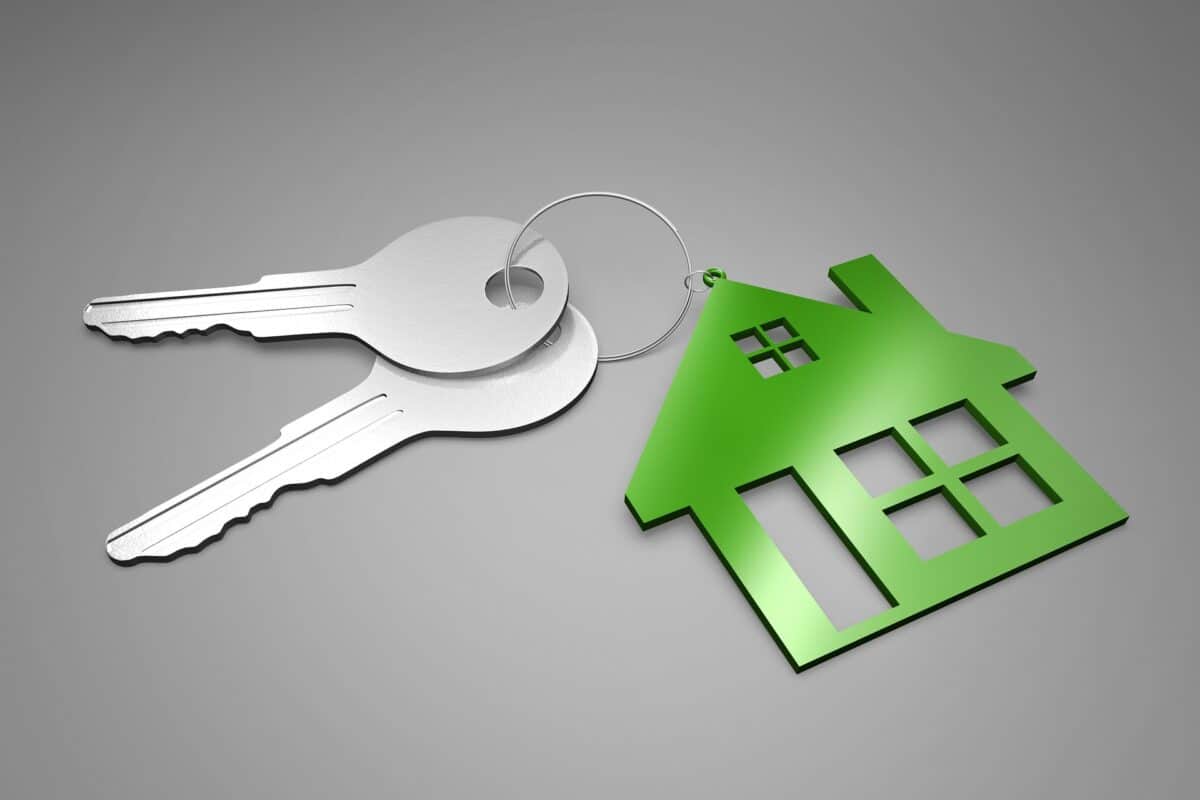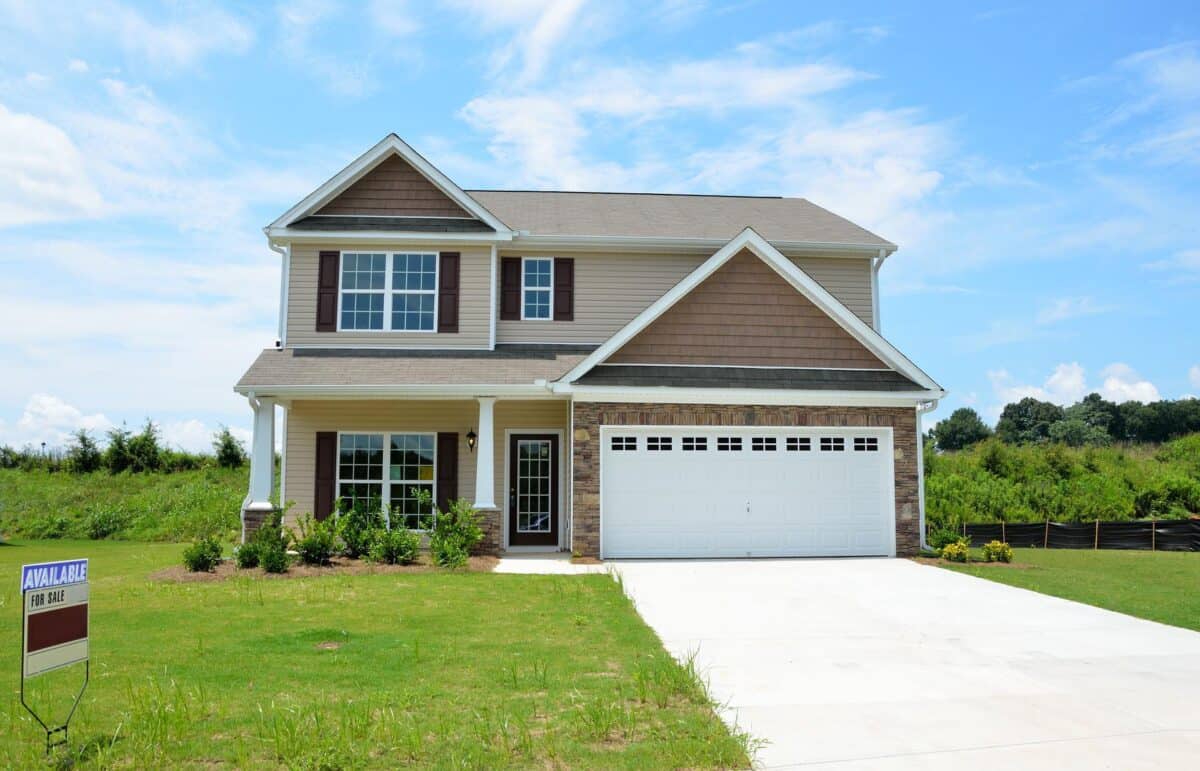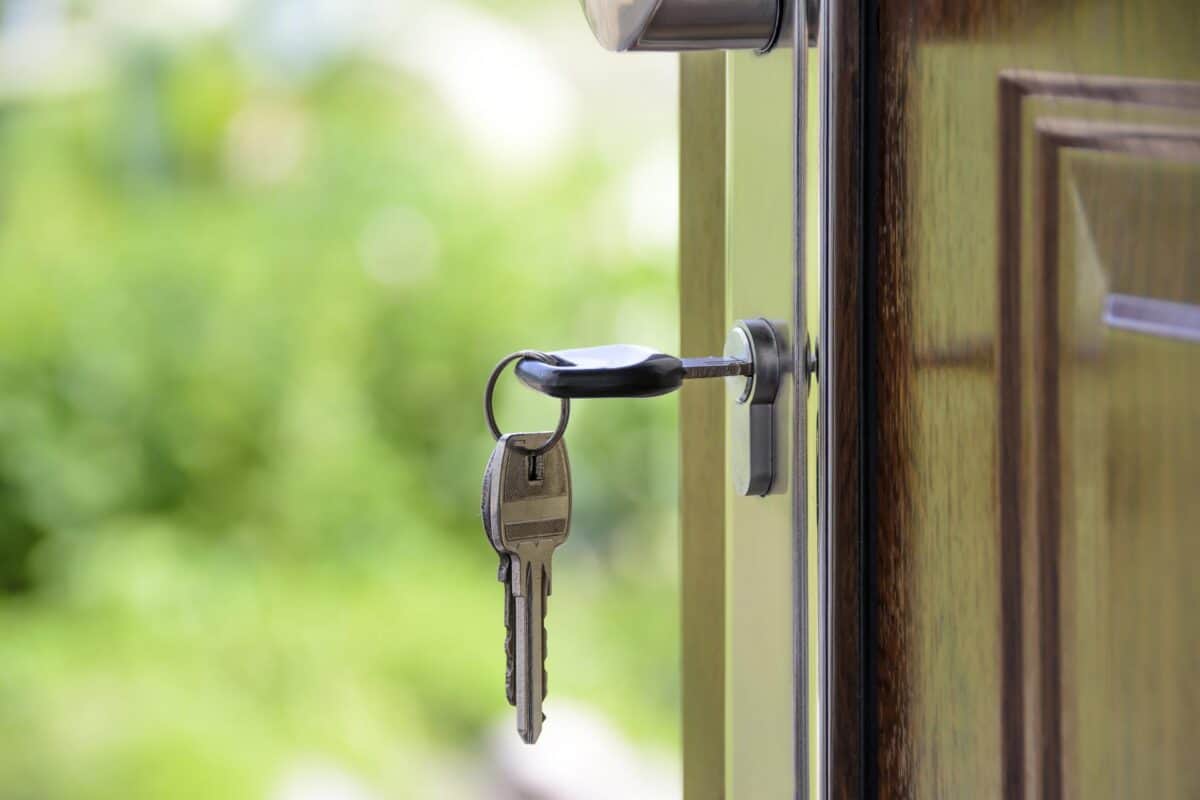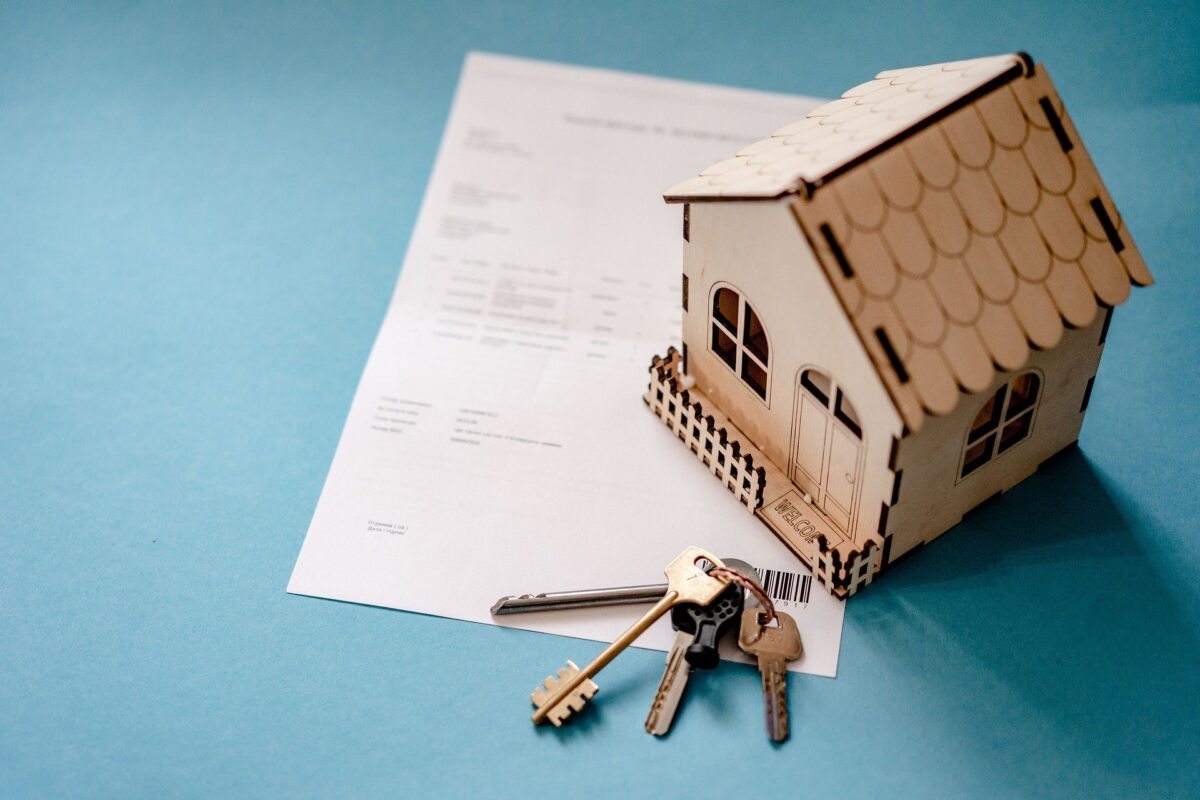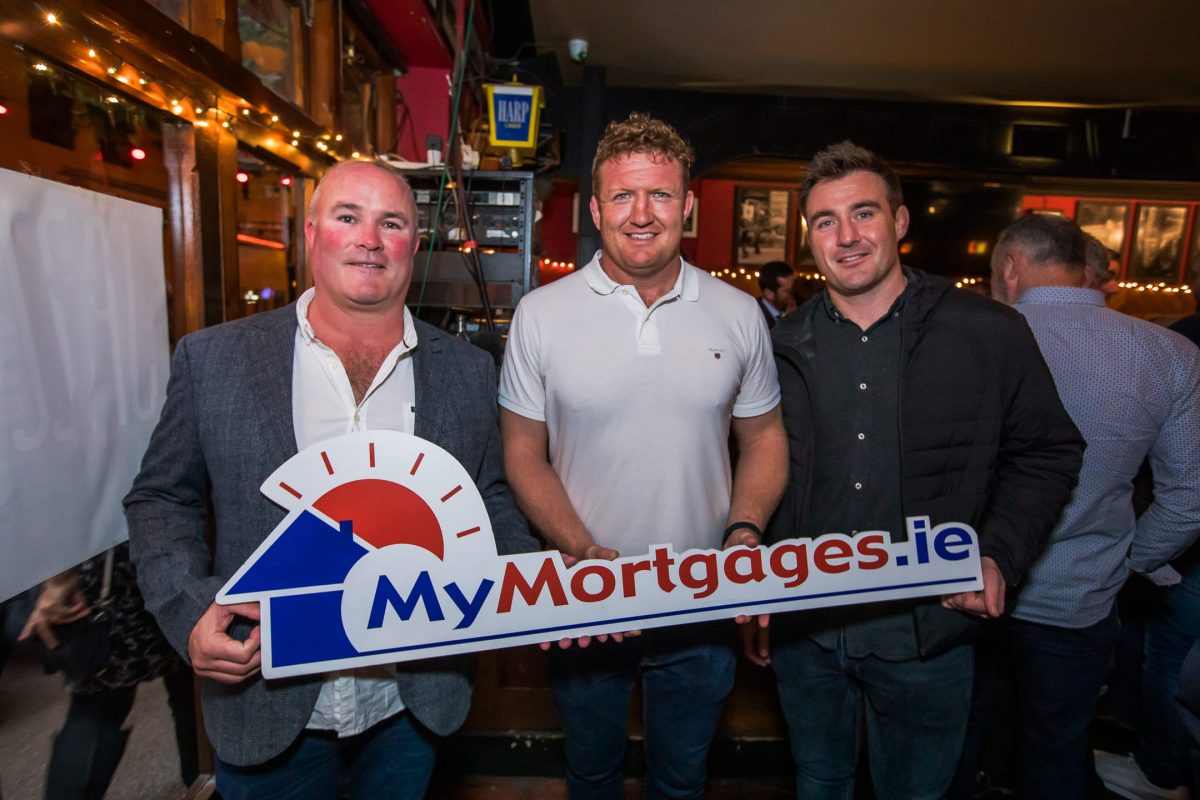I am currently attempting to get a self build mortgage in the west of Ireland. I know the timing is not the best.
I had spent money on a QS to get costs of the build. I own the land, have the planning approved and an engineer ready. I have approached a number of lending institutions who are telling me that I don’t have enough disposable income.
When I ask for the formula used to calculate this no one will divulge this information. I have three children and am looking for €214,000 with €20,000 in savings and €1,500 a month added to that.
For a 20 year mortgage costing €1,105 per month I am still getting refused.
I’m not sure what they are looking for. If I can save enough each month that has €400 of contingency for interest rate increase or get 20 year fixed rate, why do they say I don’t earn enough? Can you help?
This must be irritating for you especially as it seems as though you could feasibly support this mortgage amount.
I would disagree with your first comment however, timing has never been better!
While construction costs are inflating, getting a mortgage is currently, for most, the easy bit. There are a few elements here which I’ve asked Joey Sheehan, author of ‘The Mortgage Coach’ to address, but first I’m curious as to why your email doesn’t mention the Help to Buy scheme.
This is a very valuable tax rebate available from Revenue which effectively refunds all the tax you (and your partner, if applicable) have paid over the last four years to a maximum of €30,000.
This would bring your deposit up to €50,000 which would appease any bank greatly as it de-risks the loan to value ratio for them. It is available on one off new builds as well as new home schemes and I can only assume if you have not applied for it, it may be because you are not a first time buyer.
Mr Sheehan adds: “This is frustrating however each bank has a different stress testing calculation.
“The first thing to do is to use the longest term possible which reduces the stress test. So for example, while you wish to avail of a 20 year term, if you are only say 35 years old, you could actually avail of a 35 year term (to age 70) which stress tests the application much easier and should help with a higher loan amount as the monthly repayments will be lower.
“You can always alter it during the term. If you are older, say 45, then your term will be limited to 70 minus your age which would be a 25 year term. I would definitely apply for the Help To Buy scheme as the loan amount is 70pc or more of the build cost plus site value”.
While every case is different a specialised mortgage broker may be able to do the leg work for you for a modest (or no) fee.
I’m interested in the shared equity scheme announced by the government as I am anxious to buy a home but cannot afford the mortgage necessary. Can you explain how it would work and what the limits on it are?
The Government announcement on this proved to be a little previous.
The Central Bank has taken issue with some elements and wants to take a further look. But they are due to report on this next month and we may have more clarity of how it will work then.
It’s based on an existing scheme in the UK which works quite well in expensive areas like London.
Essentially all that is happening is that if you, under certain conditions linked to your income, status and house, ‘buy’ a home for say €300,000, and cannot afford all of the loan on this, the State will take a stake in it, probably around 20pc for five years or so, and you only pay the mortgage on the remainder.
There would also be price caps on these homes in certain Local Authority areas.
On the plus side, it would create a building stimulus on unused land, with the guarantee that the homes would be somewhat affordable.
The concerns are whether it could be inflationary and force borrowers to take on too much debt.
If developers know that the State will be co-owner, then they might see the price as a target instead of a limit. In addition, there could be legal problems where the bank doesn’t have first call in the event of mortgage default, and whether they would be forced to lend in breach of their own rules, above the Central bank limits.
As for insurance, what life insurance, or indeed, home insurance do you effect and who owns the policy?
When all is clearer, and we have guidance on the scheme, I’ll be writing again on the topic, as will other commentators, and we’ll have a better sense of how it will work.
Email your questions to [email protected]
The Ryan Review
We may think we’re alone in having unaffordable mortgages on overly expensive homes, but we’re in the penny ha’penny place compared to Japan.
They were forced to introduce 100 year mortgage terms in the 1990s. The inter-generational home loan saw houses (and debt) passed from grandparents through children and grandchildren. It was because of the sheer price of the most expensive real estate on the planet (Tokyo), and also inheritance tax laws which saw most of a family’s wealth whipped away on death.
The long term loan meant the house was never unencumbered, and therefore saved to the next generation.
I was reminded of it with research from Aviva showing that 27pc of mortgage holders expect to still be paying off their loan into retirement, helped by part time jobs to supplement their pension income.
While we had a ‘moment’ here where banks were falling over themselves to offer mortgages with parents as guarantor, I’m not sure it would catch on.
But, hey, it’s the Irish housing market. Anything might happen.
Source: https://www.msn.com/en-ie/money/other/i-have-20-000-for-a-deposit-and-am-saving-1500-a-month-but-lenders-are-still-refusing-a-mortgage-for-my-self-build-home-project-what-are-my-options/ar-AAQ4kET?ocid=finance-verthp-feeds
